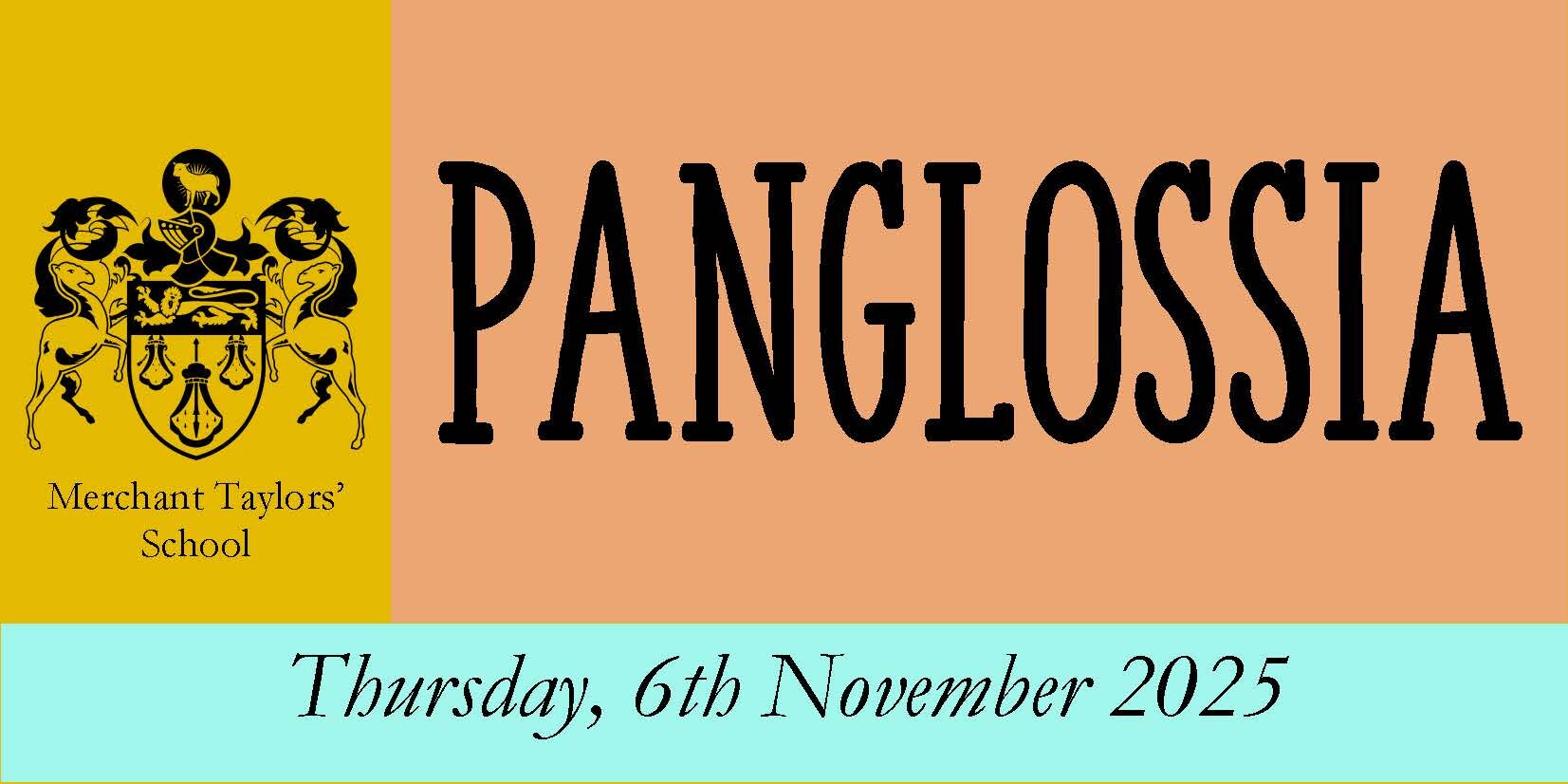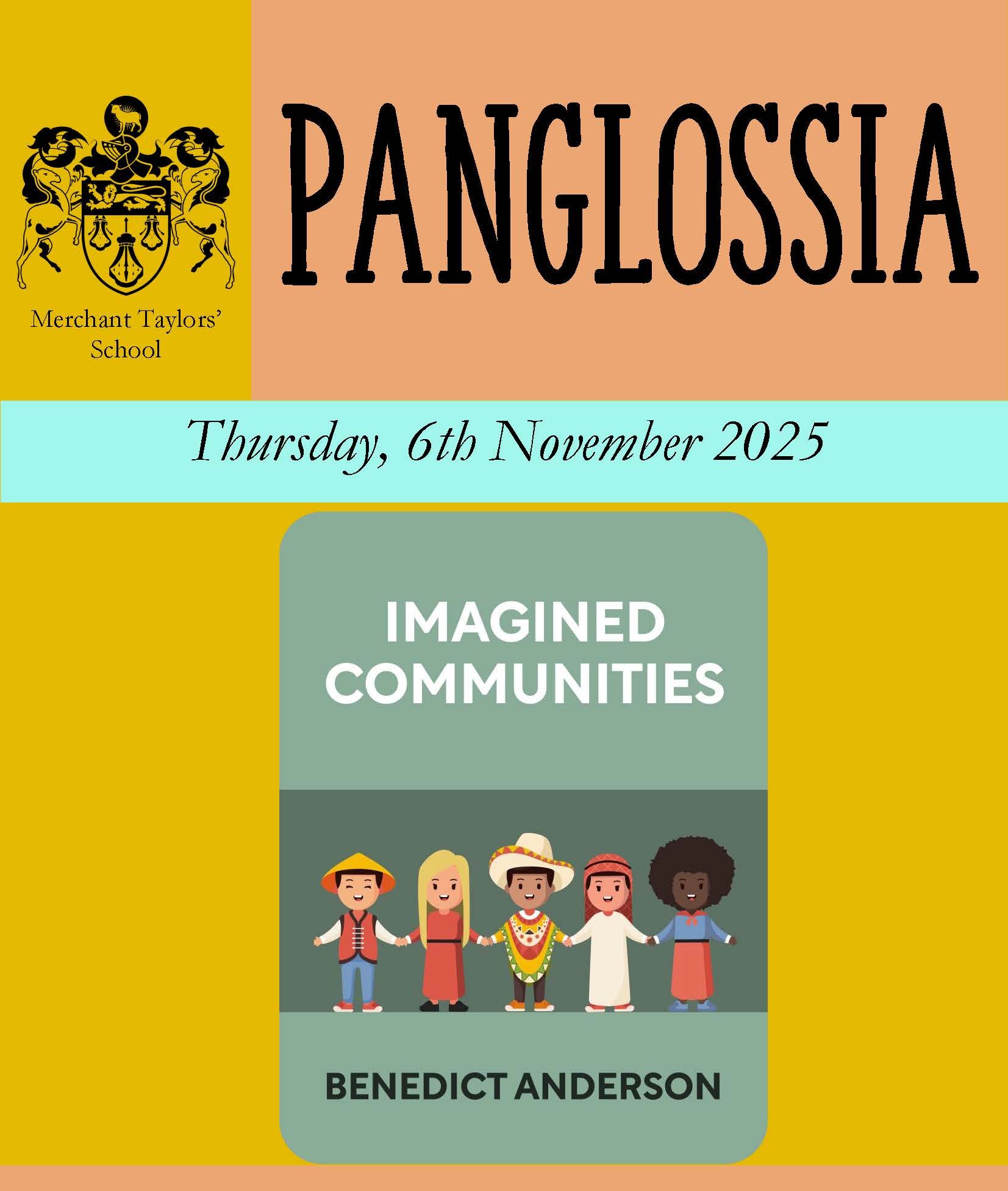Writes Leo F. (L6th)
Cultural Russification is the concept of the (sometimes forcible) spread of Russian culture across previously Soviet regions, and this was explained in an expert and engaging manner by Max C. (U6th) on Thursday. He began with a brief history of this, explaining the three pillars of Russian empirical nationalism and the significance of the 1863 Insurrection, which in turn explained the strong foundation on which modern Russification is based.
After explaining the continued imposition of this throughout the Soviet era, Max went on to stress the differing reactions to Russification in post-Soviet states. The examples of Latvia and Uzbekistan were used to show both Acceptance (in the case of Uzbekistan, which is largely dependent on Russian oil and gas) and Rejection (in Latvia, in which Russian passport holders were recently prohibited from buying property) of Cultural Russification.
I particularly enjoyed the mention and explanation of the relevance of the role of indigenous languages in former SFSRs, and how this continues to affect speakers today. Overall, the presentation was skilfully crafted, and some insightful questions were asked and answered.
A big спасибо to Max for sharing his knowledge on this topic with us in such an excellent fashion!

















